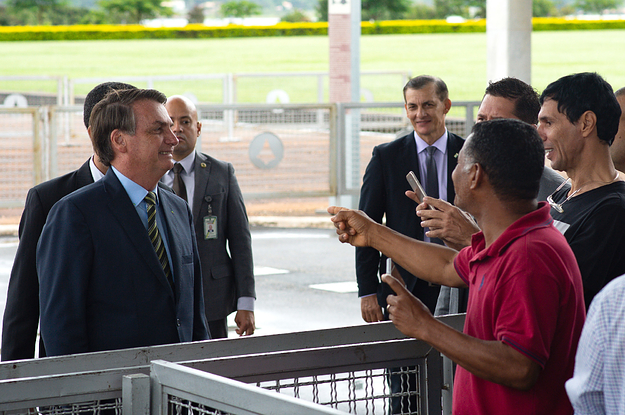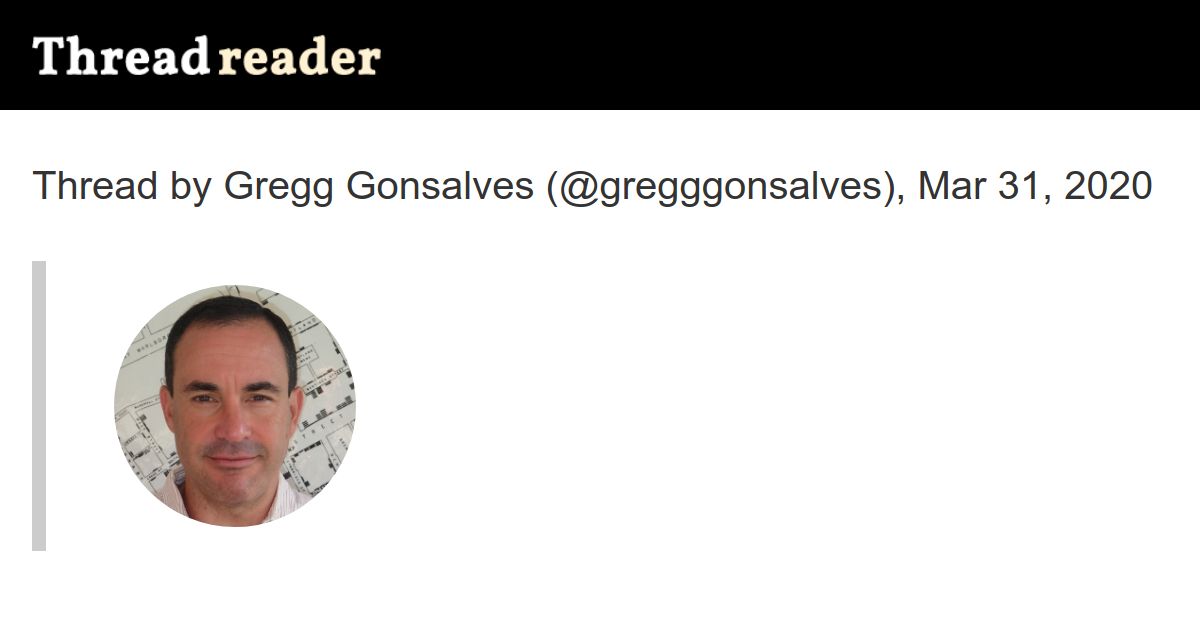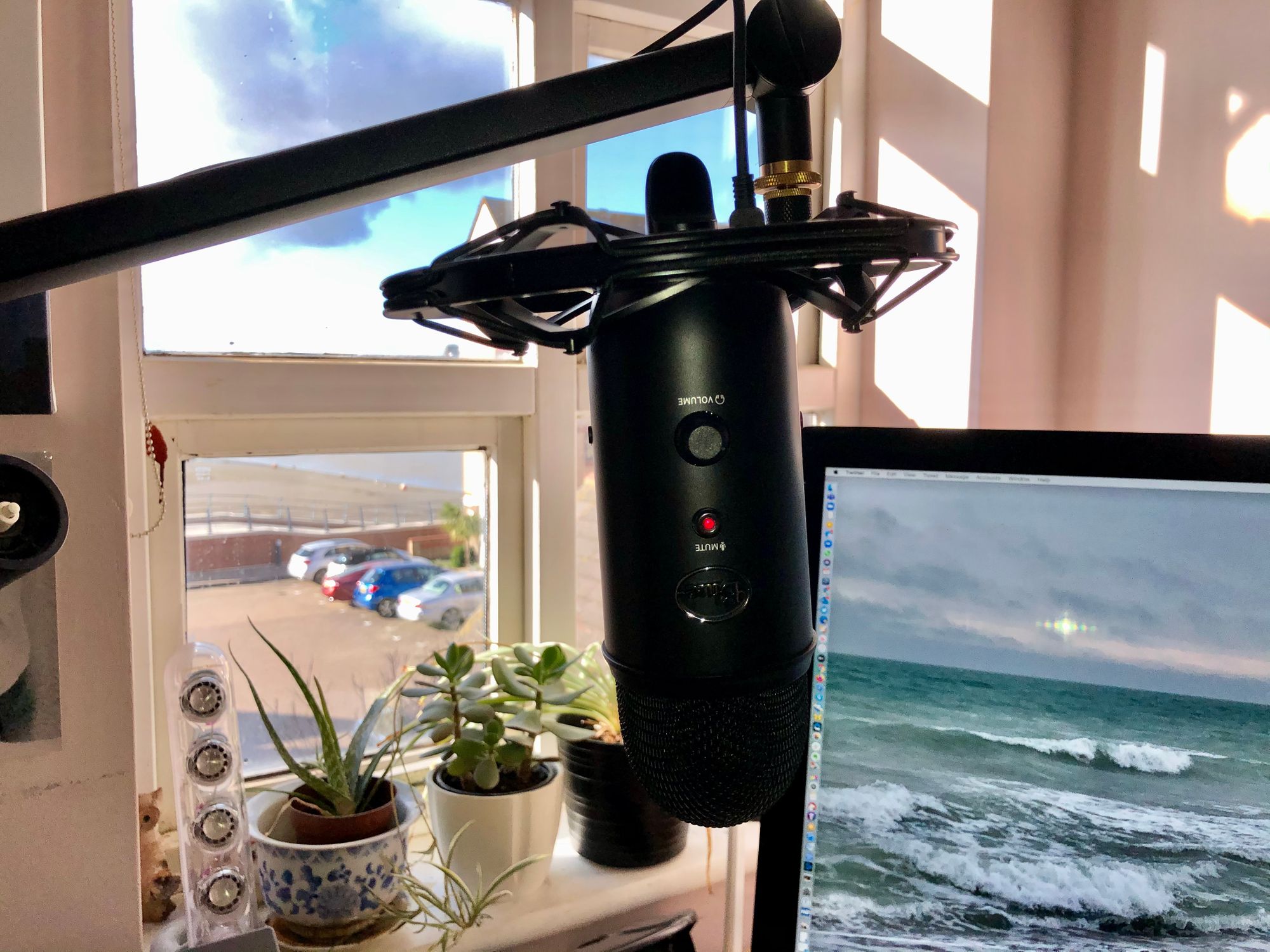
Engaged Reading Digest: Viruses, Lies and Spammers
Even in lockdown, journalism still happens. But the narratives emerging are worrying ones.
Hello, folks. It's been a while since I did one of these. Like everyone else, I've been knocked for a loop by the rapid progress of Covid-19. Luckily, so far my family remains untouched by the novel coronavirus — but two local people I know are in hospital, and another is recovering.
The last three weeks have been frantic. I've been trying to reconfigure my face-to-face training courses to online format - which seems (so far) to be working - while seeking alternative revenue streams. And I'm doing that while home schooling my daughters for half a day every weekday.

It's exhausting.
But this is our new normal, for now at least, so on we go. Here's some things I think you should be taking note of right now.
Tracking the coronavirus through social media data
I always emphasise to the Interhacktives that one way you can view social media is as a vast data set they can interrogate through their data journalism skills. This takes that idea about 15 steps further:

Exciting stuff.
The platforms tentatively step up
While my own financial situation is much more perilous than it was only a few weeks ago, many have it much worse. Facebook is doing something to support local media survive what could be an ad-collapse apocalypse.
However, as I've been helping local voluntary organisations with their web and social media presence, I can't help wondering if they could have more impact by finding ways of getting decent reach on locally-important posts without charging people for them right now.

Meanwhile, Twitter is finally starting to delete Tweets from major political figures that contain gross untruths:

Inevitably, that's going to put "if you can do it for Covid-19, why can't you do it for other issues?" back on the agenda.
Lying liars and the lies they lie
The polarisation of attitudes to science and expertise is having a disastrous effect on political discourse, at the one time when lives depend on swift, effective action guided by genuine experts. The US is proving to be patient zero for this problem:

And fact-checkers are fighting their own battle against viral spread:

Liar-in-Chief
The US President's complete disregard for the truth has moved from a political horror show, to an existential threat to the lives of hundreds of thousands of Americans. And the press is not rising to the challenge, argues James Fallows.

The New York Times was taken to task last night over its "horse race" journalism where there is no race:
This is journalistic malpractice. If we don't have scale-up of testing, we will be in lock-down for months & months. There is no debate on this, why frame it like there is one? Next: Trump says earth flat, scientists say otherwise. @jmartNYT & @maggieNYT https://t.co/T8OFxwITef
— Gregg Gonsalves (@gregggonsalves) March 31, 2020
The whole thread is just brutal, especially when an NYT reporter tries to shut him up:
Sorry Jonathan, I don't care how important you think you are, how important you think the @NYTimes is as a newspaper, but the political desk has been abysmal on this. I say this as someone who has worked on infectious diseases for 30+ years. 1/
— Gregg Gonsalves (@gregggonsalves) March 31, 2020

And finally
It's nice to see that the SEO link spammers are still hard at work…

Not even a pandemic stops the SEO graft.
Sign up for e-mail updates
Join the newsletter to receive the latest posts in your inbox.

















